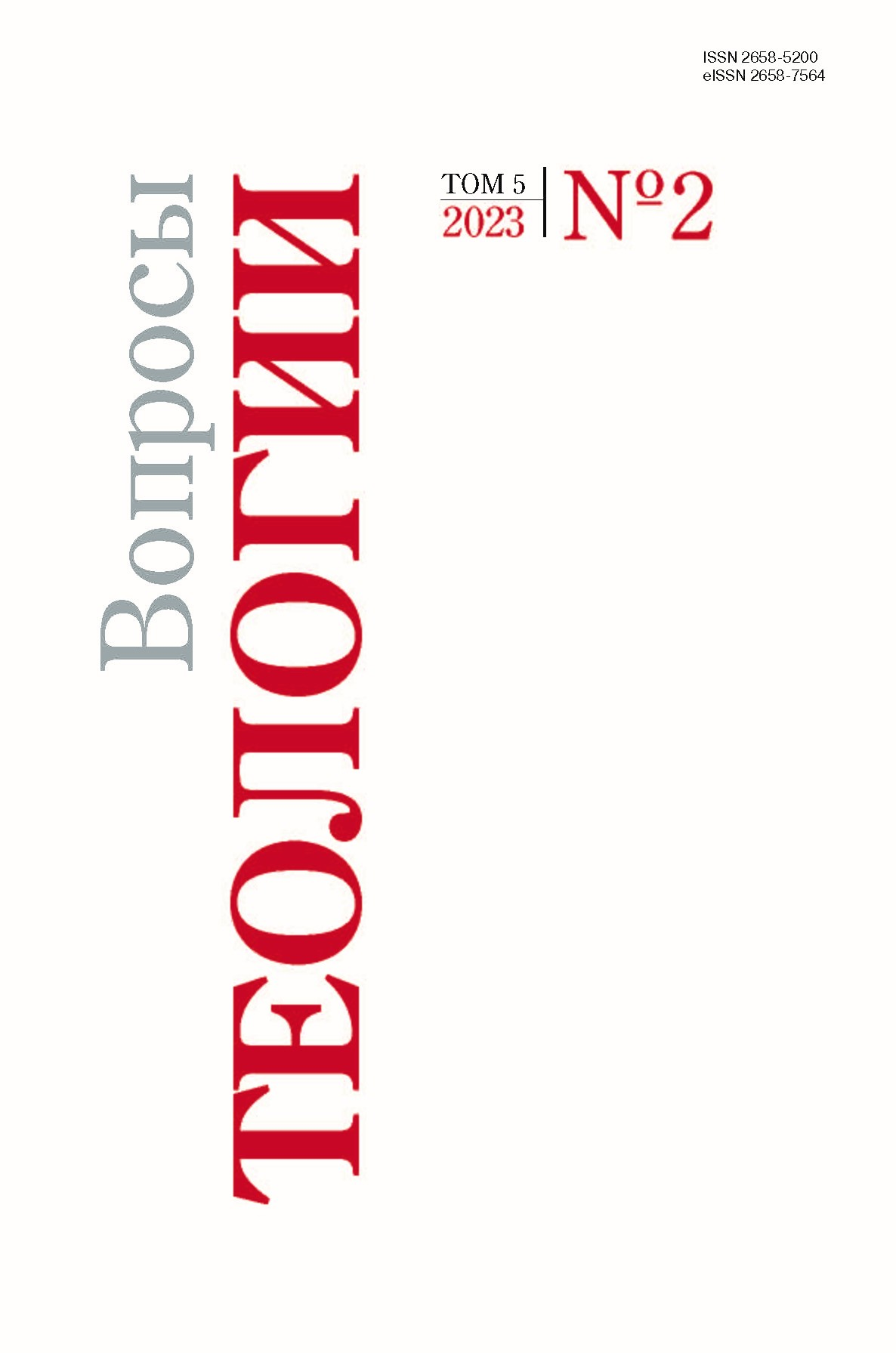Идея Севира Антиохийского о преобразовании богословского языка от триадологии к христологии и ее критика в трактате Леонтия Византийского «Опровержение силлогизмов Севира». Часть третья
DOI:
https://doi.org/10.21638/spbu28.2023.202Аннотация
Данное исследование представляет собой третью часть статьи, в которой рассматривается идея Севира Антиохийского о мистическом преобразовании в событии воплощения Христа значений важнейших для репрезентации богословского смысла этого события понятий «сущность», «природа», «ипостась» и «лицо», а также развернувшаяся вокруг этой идеи полемика между халкидонитами и монофизитами-севирианами, непосредственно представленная в 3-й главе трактата Леонтия Византийского «Опровержение силлогизмов Севира». По своему содержанию эта глава разделяется на две части, каждая из которых состоит из аргумента севирианского противника халкидонского вероисповедания и предложенного Леонтием развернутого опровержения данного аргумента. Содержание первой половины текста вращается вокруг философского анализа проблемы методологической адекватности самой формулировки идеи Севира с точки зрения как внешней философской мудрости, так и богословия. В заключительной, третьей части исследования предложена подробная интерпретация второй части 3-й главы трактата Леонтия, в которой представлена аргументация севириан и халкидонитов, направленная на решение проблемы грамматического, философского и богословского статуса экзегезы двусмысленных высказываний Святых Отцов и формулировку метода, который позволил бы устранить присутствующую в этих высказываниях омонимию.
Ключевые слова:
Севир Антиохийский, Леонтий Византийский, монофизитство, халкидонизм, христология, триадология, определение, грамматическое толкование, природы и имена
Скачивания
Библиографические ссылки
References
Загрузки
Опубликован
Выпуск
Раздел
Лицензия
Статьи журнала «Вопросы теологии» находятся в открытом доступе и распространяются в соответствии с условиями Лицензионного Договора с Санкт-Петербургским государственным университетом, который бесплатно предоставляет авторам неограниченное распространение и самостоятельное архивирование.




